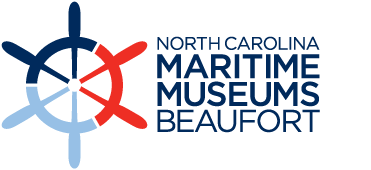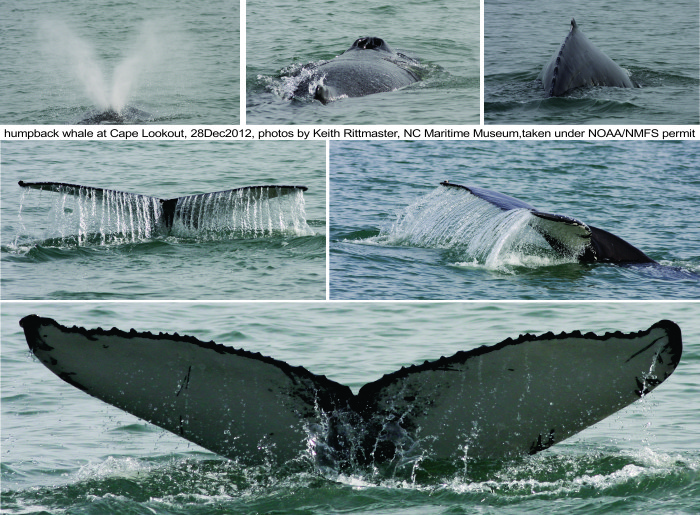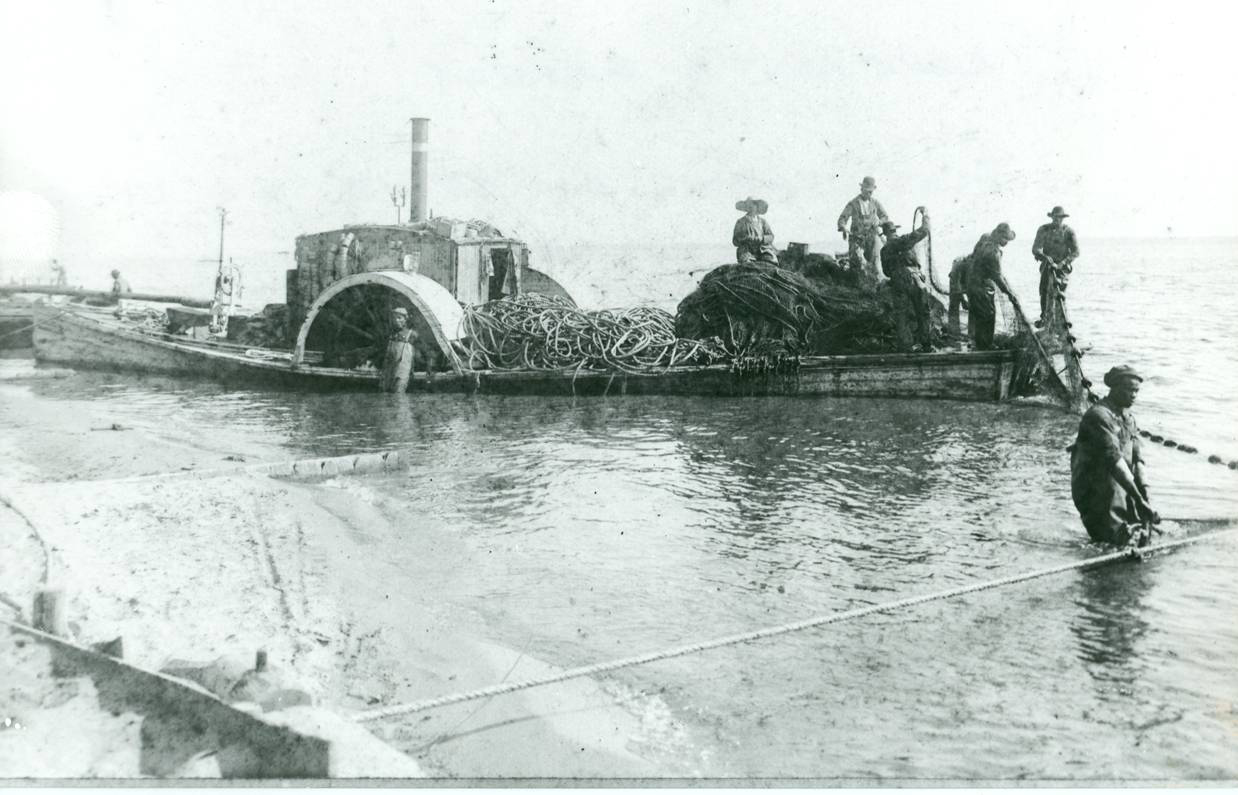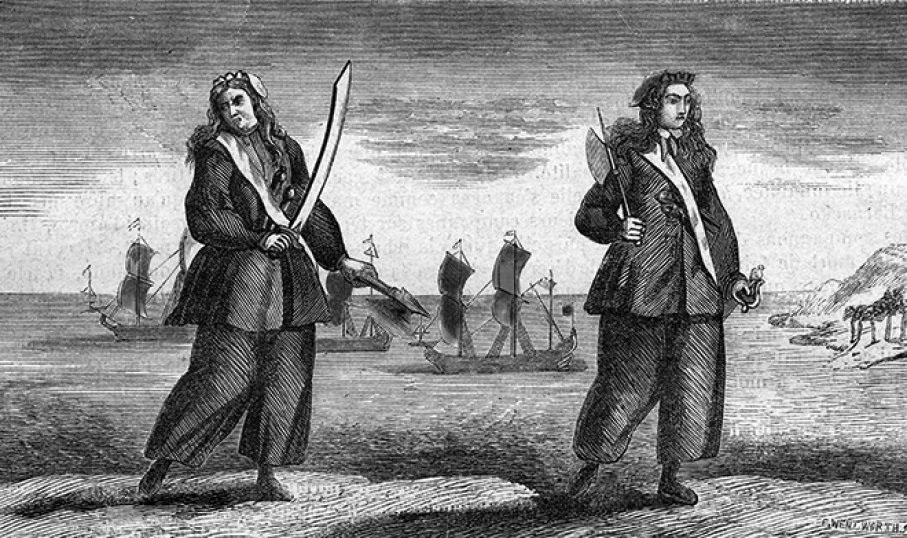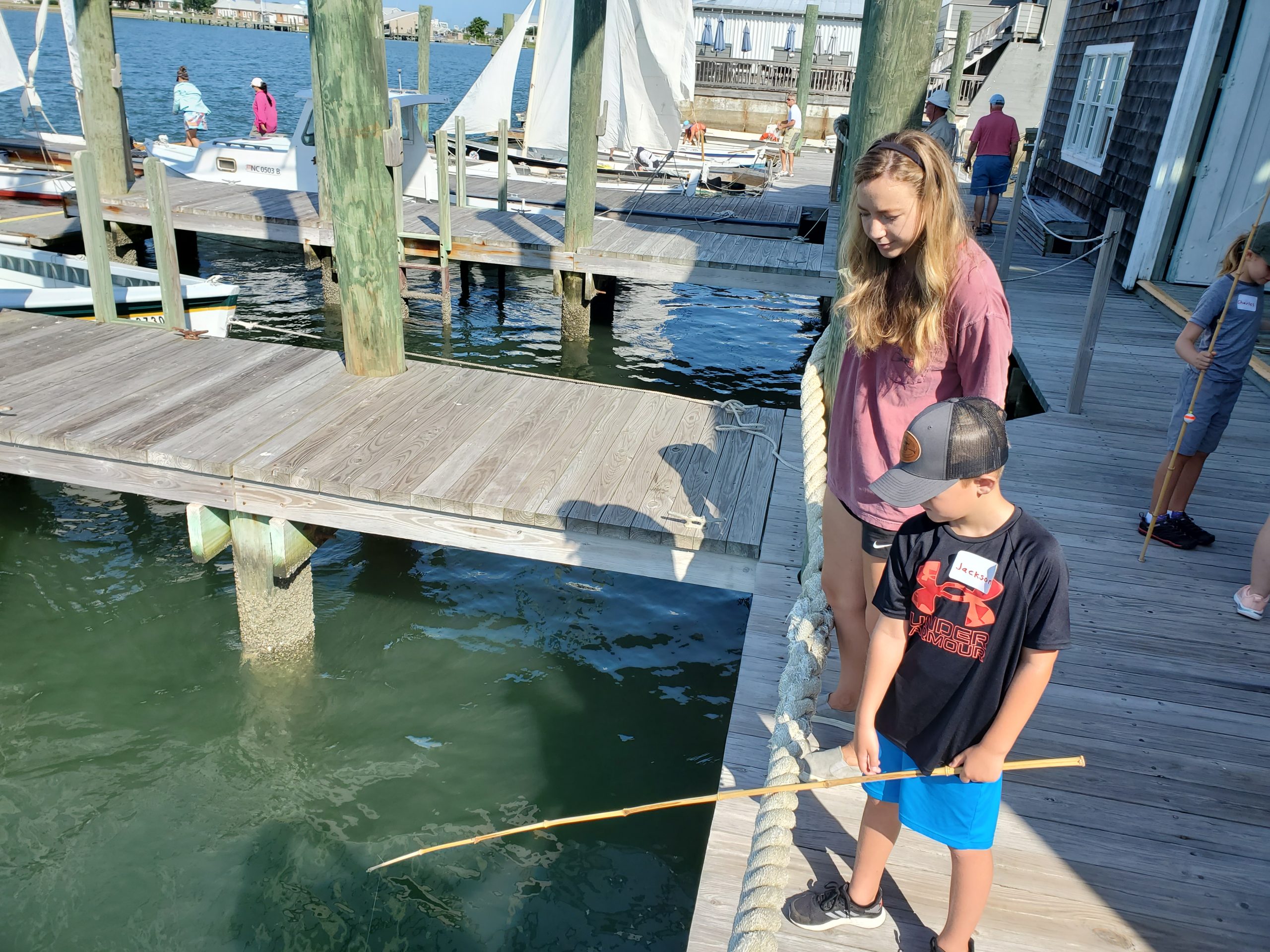21 Oct North Carolina Whales
North Carolina has many species of whales that travel near our shores and sometimes strand on our beaches. This makes it ideal for biologists like our Natural Science Curator Keith Rittmaster and his colleagues to study and promote the conservation and understanding of these protected...
